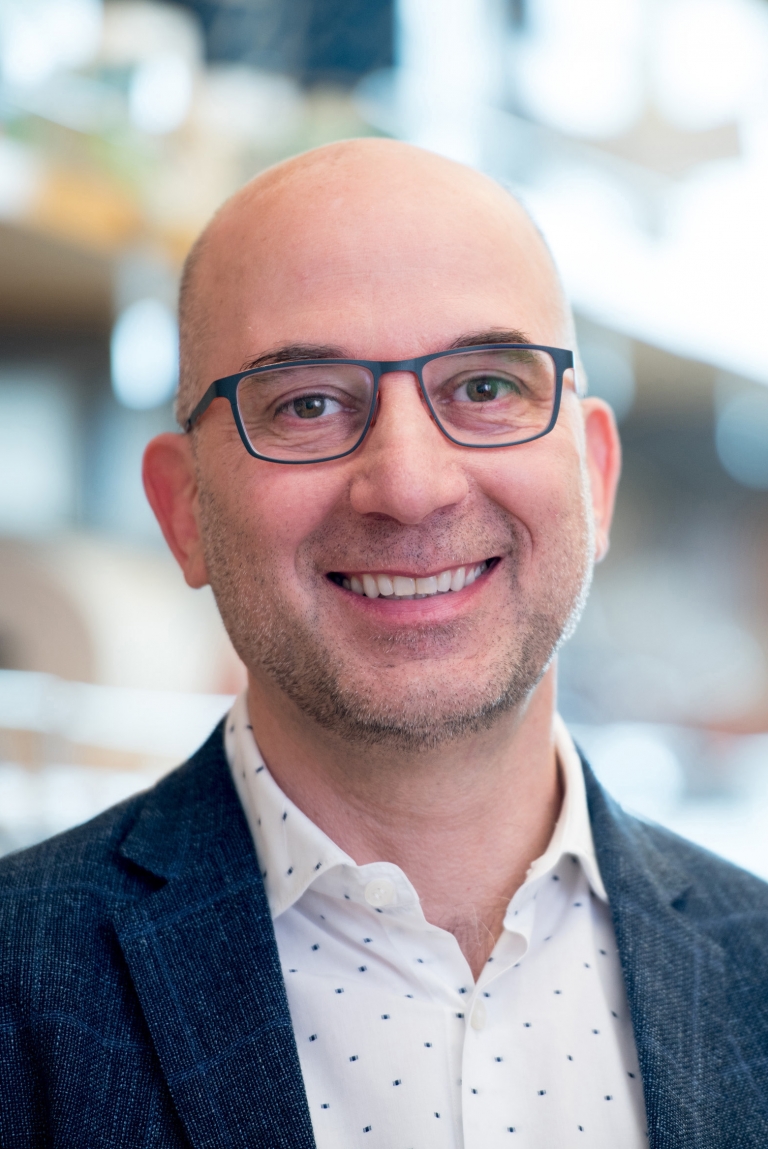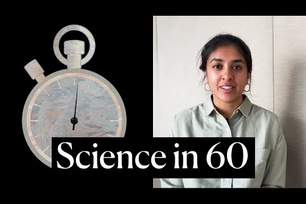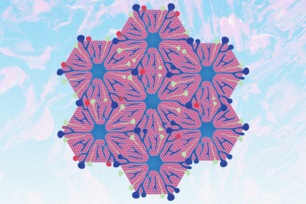Jonathan Weissman
The Weissman Lab studies how proteins fold in the cell and how this process can go awry, causing disease. The lab also builds innovative tools for exploring organizational principles of biological systems including ribosome profiling, which globally monitors protein translation, and CRISPRi/a for controlling the expression of human genes and rewiring the epigenome.

Achievements & Honors
Research Areas
Affiliations
Question
What is involved in protein folding mechanisms, and what is the role improper protein folding can play in disease?
Approach
Weissman and his lab are investigating protein folding and probe the mysteries behind the organizational principles of biological systems through a variety of molecular and technological methods. While technologies like RNA-seq have made it much easier to monitor which genes are being expressed in a cell at any given time, these approaches use messenger RNA as a proxy for proteins. But generally it is proteins, and not RNAs, that mediate a gene’s cellular functions. That means RNA sequencing is an imperfect indicator for what is actually going on in a cell. To address this issue, Weissman developed a method called ribosome profiling, which measures the ribosomes active in a cell -- and the mRNA, soon to become proteins, inside them.
Using his ribosome profiling approach, Weissman and his lab can measure protein production in both eukaryotic and prokaryotic organisms, and monitor when molecular chaperones, targeting factors and processing enzymes interact with nascent amino acid chains. They also use the method to monitor subcellular translation, decipher the cause and biological consequences of the choice of synonymous codons, and define the protein coding potential of complex genomes.
Additionally — because the endoplasmic reticulum (ER) integrates lipid biosynthesis, protein folding, glycosylation, quality control and degradation and plays a key role in cellular homeostasis, infection, and immune defense — Weissman’s research encompasses all aspects of ER function.
Weissman also seeks to understand the ways different pathways in a cell interact with each other, and how genes function together in both normal and disease states. He and colleagues use a set of integrated and computational strategies to create high-density genetic interaction maps -- pairwise descriptions of the extent to which the loss of one gene will aggravate or buffer the effect of the loss of a second one -- in microorganisms such as E. coli, S. cerevisiae, and S. pombe. He is currently working on similar interaction maps for mammals. These maps are necessary to tailor drug treatments to an individual's genetic makeup, and to develop rational strategies for drug-combination therapies.
Another of Weissman’s projects uses the CRISPR-Cas9 gene editing system to research and develop new therapeutics. Specifically, he and colleagues at UCSF developed CRISPRi, a method that uses the CRISPR-associated catalytically inactive dCas9 protein as a way to precisely regulate gene expression.
Bio
Weissman earned his bachelor’s degree in physics from Harvard College in 1988, graduating summa cum laude. He next took on a PhD in physics from MIT, where he studied under biochemist Peter S. Kim, and from 1993-1996 he completed a postdoctoral fellowship at Yale in the lab of Arthur Horwich. For the past 24 years he has held faculty positions in the Departments of Cell and Molecular Pharmacology and Biochemistry & Biophysics at the University of California, San Francisco, until joining Whitehead Institute in 2020. He also co-leads the Laboratory for Genomic Research, funded by GlaxoSmithKline, to drive development of CRISPR-based therapeutics.


